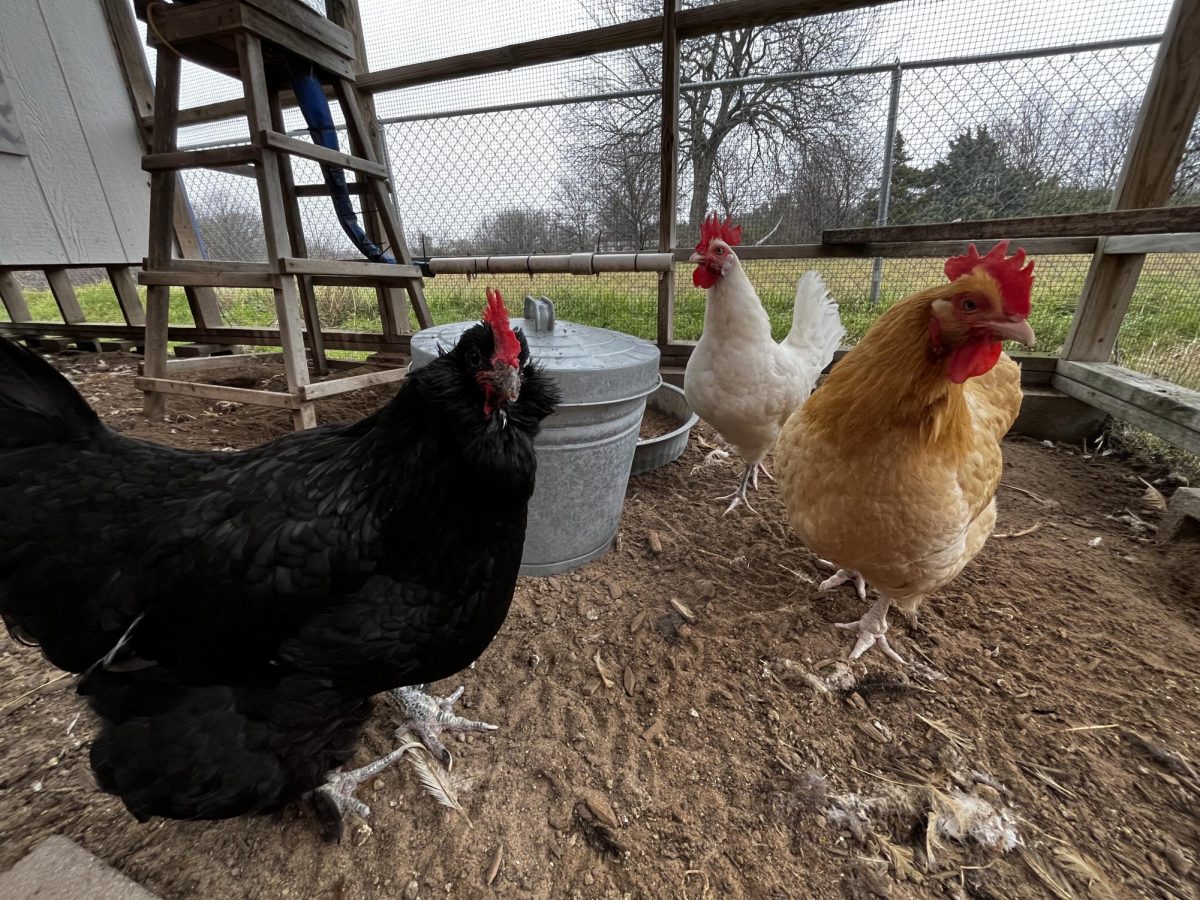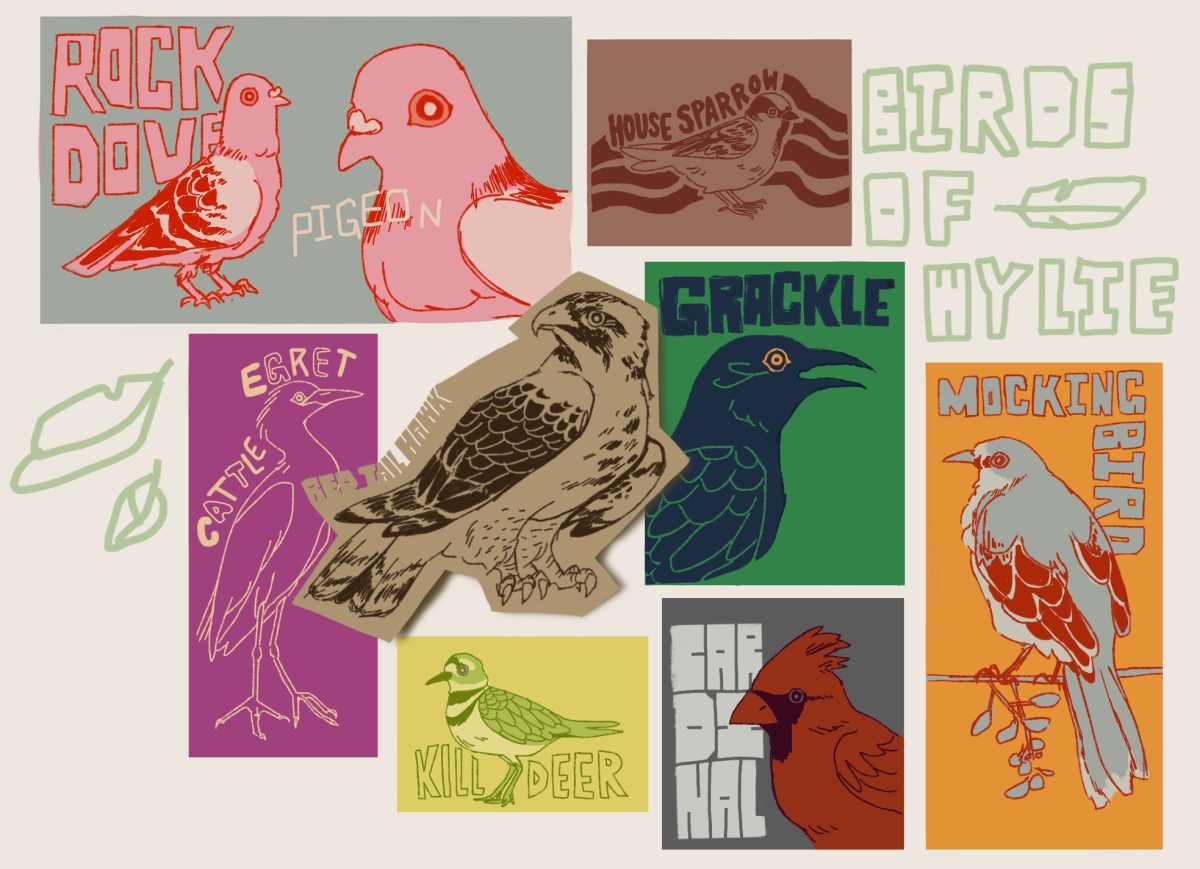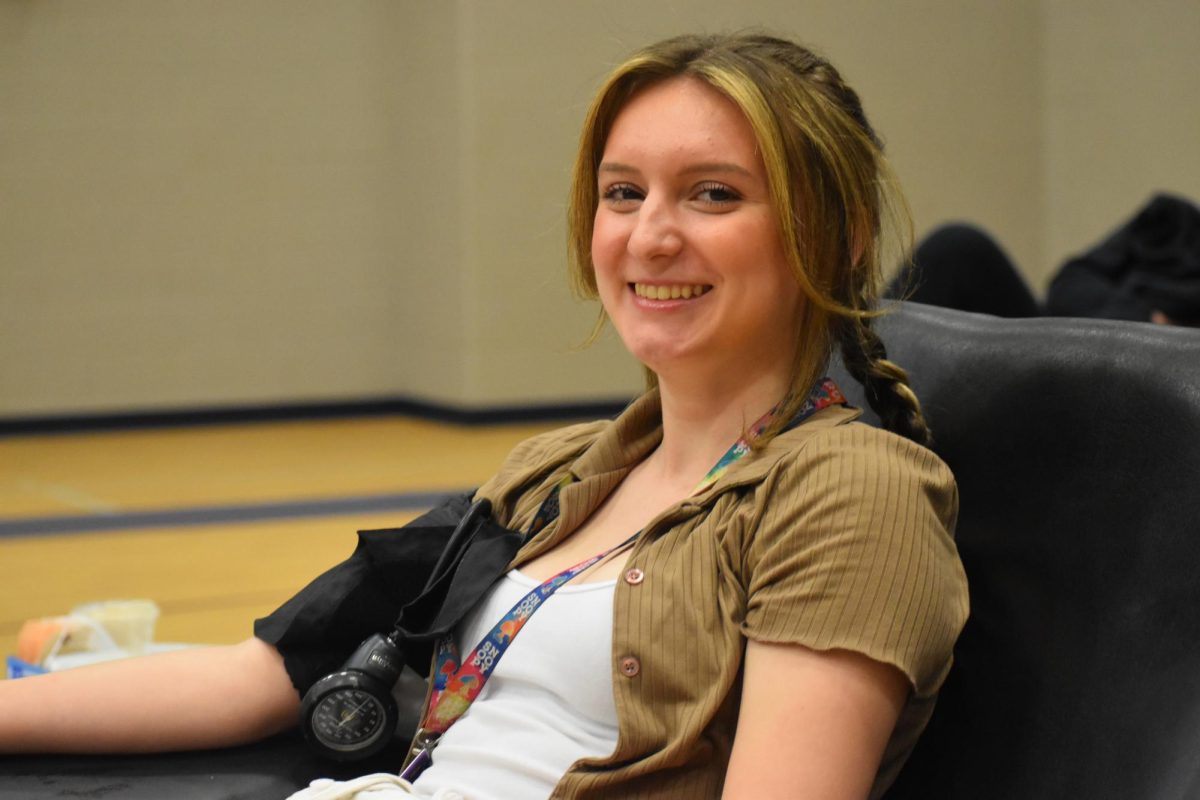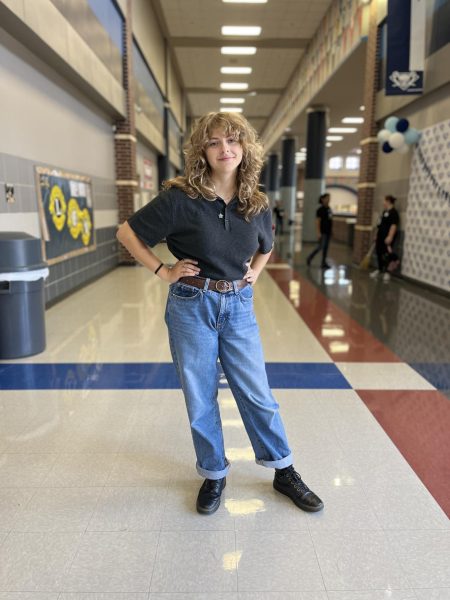Like a jigsaw puzzle on a styrofoam plate, 29.9 million students across the U.S. stand in the school cafeteria choosing their main entrees for the day: a meat-lovers pizza, steaming hot chicken nuggets, steak fingers, a choice burger or corn dogs. Of course, students are required to grab a vegetable or fruit to complete their meals with moderately sufficient nutrients; however, the proportion of natural greenery to processed meat isn’t close.
Meat and animal-derived products have centered the public school palate for years. But our reliance on these sources of proteins and dairy causes health risks, environmental hazards, and unethical practices that threaten human and animal well-being.
Take, for example, how overpopulated meat production facilities endanger livestock health. Concentrated animal feeding operations (CAFOs), also known as feedlots, are used to raise cattle, poultry, pigs, goats and other livestock in compact spaces in order to occupy less farmland. While space efficient, animals are bred and raised exponentially, leading to overcrowding and quick transfer of disease between the animals.
In swine CAFOs, manure and urine left within the cramped spaces is dumped outside of the facilities to form fecal lagoons. The waste can take years to decompose due to its high concentration in a small area. The feces-contaminated water often reaches waterways in neighboring homes; residents are also at risk of developing respiratory illnesses due to methane emission from the manure. Pollution, disease, stench—certainly not the ideal living conditions for a community.
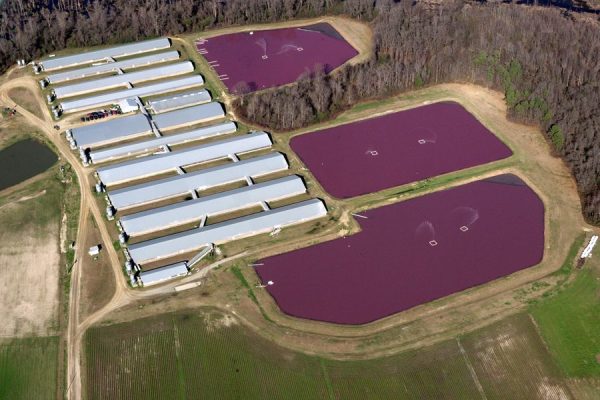
Manure mayhem \\ The picture above showcases a birds eye view of a swine fecal lagoon in North Carolina from one of the hundreds of CAFOs in the country.
The health-risks, however, venture beyond the farms. To make up for the poor nurturing conditions, animals raised in feedlots are injected with growth hormones to quicken their development process in order to produce fully-matured livestock in the highest quantity. As students consume pepperoni and burger patties along with the hormones inside of them, they’re bodies eventually begin to experience hormone imbalances which studies show are linked to a precocious puberty. Teenage girls, who commonly start their period around 13-14 years old, are increasingly beginning menstruation as early as nine to 10 years old. An earlier adolescent period can catapult students into navigating body image and emotions prematurely and also lead to increased susceptibility to cancer and other illnesses later in life.
By all means, it’s important to recognize the benefits of eating meat and dairy products. Iron, iodine and B12 are a few vital minerals and vitamins provided in meat. But from the fast food joints to the school lunch lines to the dinner table, the rate at which the average American eats meat is not environmentally sustainable and will only increase the number of farms and CAFOs, the amount of hormones injected into creatures, the pollution degrading our neighborhoods and the dangers of the meat industry as a whole.
One step schools can take to mitigate meat consumption is to levy a weekly meat fast in schools, widely known as Meatless Mondays. Once a week, K-12 campuses would provide students with vegetarian and vegan lunch options. Taking a day off from meat has proven to gradually decrease one’s ecological footprint. Moreover, starting the week meatless would help lower higher blood pressure and risks of cardiovascular diseases.
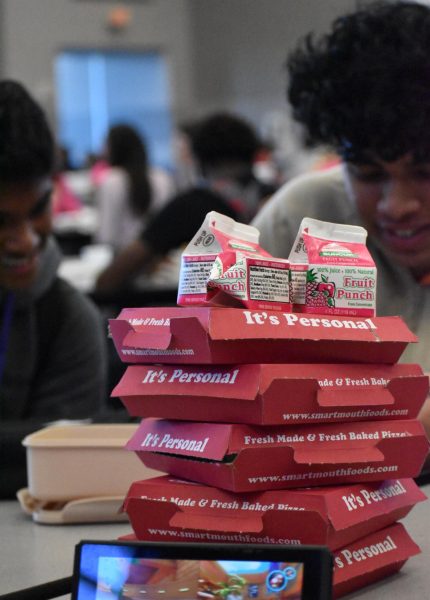
It’s personal \\ A stack of empty pizza boxes leaves a glorious monument of a finished meal and an unintentional call to action. The effects of the meat industry hit close to many students and teachers who gain energy for the day through school-provided meals on a daily basis.
Districts across the country already practice Meatless Mondays, sometimes offering meat alternatives to regular lunch entrees, such as veggie burgers or vegan pizza, so students can still enjoy their favorite meals. Admittedly, a Meatless Monday requires generous funding, parental consent, and time before coming into play, but during the wait, school organizations may consider inviting vegan food trucks or beginning clubs to increase awareness about the risk of high meat consumption.
For the entirety of the nation, a meatless mandate is a must, and school districts have the opportunity to invigorate a healthy, conscious generation of students by imparting activism into the cafeteria.


